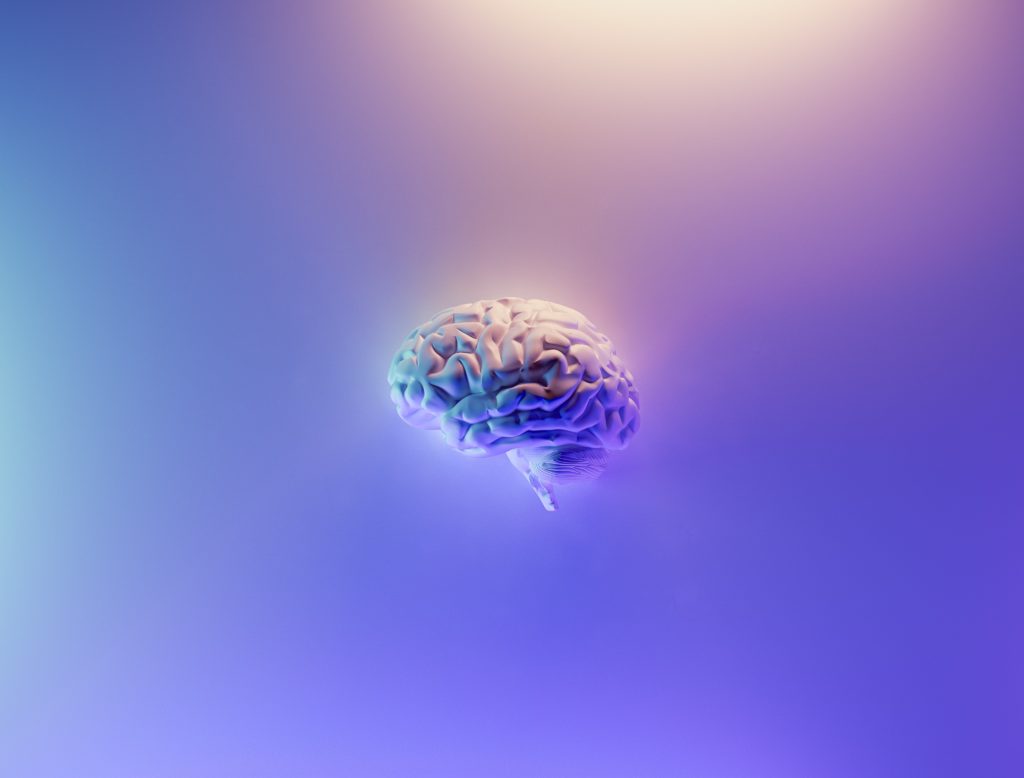
National Traumatic Brain Injury Month is coming soon, and that means we should all take a few moments to consider how our lives can be affected by a really serious brain injury. This knowledge just might help us to avoid the tragic consequences of sustaining such an injury and being negatively impacted. In Oxford and elsewhere around the country, groups and organizations will be making extra efforts to provide information about how to avoid brain injuries and the ramifications of having such an injury. Senior home care professionals take care every day to ensure that their charges are protected to as great an extent as possible from sustaining traumatic brain injuries.
Cognitive issues
There are three major categories of traumatic brain injury, those being cognitive, physical, and behavioral or emotional problems. Any or all of these can have a tremendous impact on a person’s behavior, physical capabilities, and their entire quality of life. The cognitive consequences of a traumatic brain injury will generally depend on which area of the brain was affected by the injury, as well as the severity of the injury.
The worst effects are generally noticeable in the weeks and months directly after the injury was sustained, usually with some level of improvement gradually appearing afterward. Some of the difficulties associated with cognitive damage include trouble paying attention and concentrating, becoming easily distracted, or having difficulty completing tasks. In some cases, it’s also difficult for people with a cognitive injury to carry on a conversation of any length.
In some cases, people affected by cognitive injuries will feel confused or a little foggy about events that are occurring. They may have difficulty understanding others, and their thinking speed may be slowed down somewhat. Some individuals have difficulty selecting the proper words so they can carry on a conversation, and they may not even remember some words. It’s sometimes difficult for people with cognitive impairment to remember things clearly, or to learn new ideas or concepts.
Psychological consequences
A person who has suffered a traumatic brain injury (TBI) may develop behavioral or emotional difficulties in the immediate aftermath. Statistics show that more than 50% of all individuals who have sustained a traumatic brain injury will go through depression, anxiety, or other emotional difficulties. Some of the symptoms associated with depression include changes in sleep or appetite, difficulty concentrating, feeling hopeless, loss of interest in normal activities, thoughts of suicide, lack of energy, and withdrawing from others.
It’s possible for people who suffer from behavioral or emotional issues to undergo personality changes. Someone who was formerly bright and cheerful may suddenly become angry and irritable for extended periods of time. They may have difficulty controlling their emotions, and they may be subject to huge mood swings, sometimes spaced very closely together.
Another very common consequence of traumatic brain injury affecting emotions is when someone feels constantly exhausted or has a consistent lack of energy. It’s very common for an individual who has suffered a TBI to experience psychological fatigue, mental fatigue, or physical fatigue. In these situations, the affected individuals may have difficulty thinking and expressing themselves clearly, and may in fact become completely overwhelmed by fatigue. In such cases, they may even become unable to take care of themselves.
Physical consequences
The actual physical consequences of sustaining a traumatic brain injury will depend to a great extent on exactly which regions of the brain were impacted, as well as the severity of the injury. Some people will experience difficulty in their spine or in their limbs after having sustained a TBI, and they may also experience severe limitations physically. Some individuals are known to develop persistent strong headaches after a TBI, and many people have reported these lasting long after the injury itself.
Some individuals experience difficulty with their balance or have persistent dizziness which leaves them disoriented and confused. It’s possible to experience some kind of vision impairment, such as a partial loss of vision, problems with depth perception, double vision, and general visual instability. These in turn can often lead to balance problems, because the individual simply can’t see clearly enough to remain well-balanced.
Other types of physical damage which can be sustained by people who have undergone a TBI fall under the category of nerve damage, and in some cases, they may also have seizures. When a person is injured at the base of the skull, nerves can be damaged which affects sensory perception, and other types of nerve damage can lead to facial paralysis. When the nerves responsible for eye movement are damaged, that can lead to double vision, loss of vision, and sometimes swallowing problems.
Sometimes when a person is recovering from a TBI, they will experience seizures, and most of these occur within the first few weeks after a brain injury. For the most part, people who are bothered with seizures will be able to have them treated with medication, so they can return to normal activities. As you can see, there are a great many ways that traumatic brain injury can affect an individual, and unless they’re treated promptly by a qualified professional, they can cause a serious loss of quality of life.
